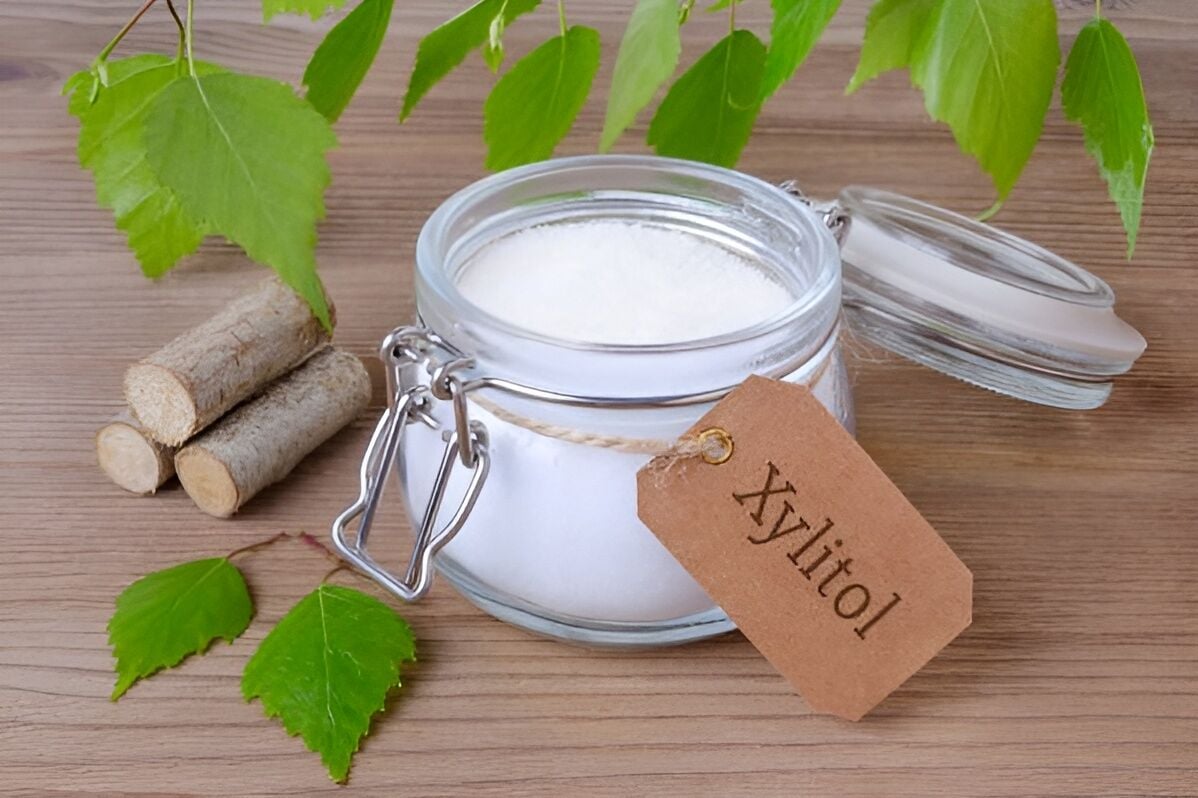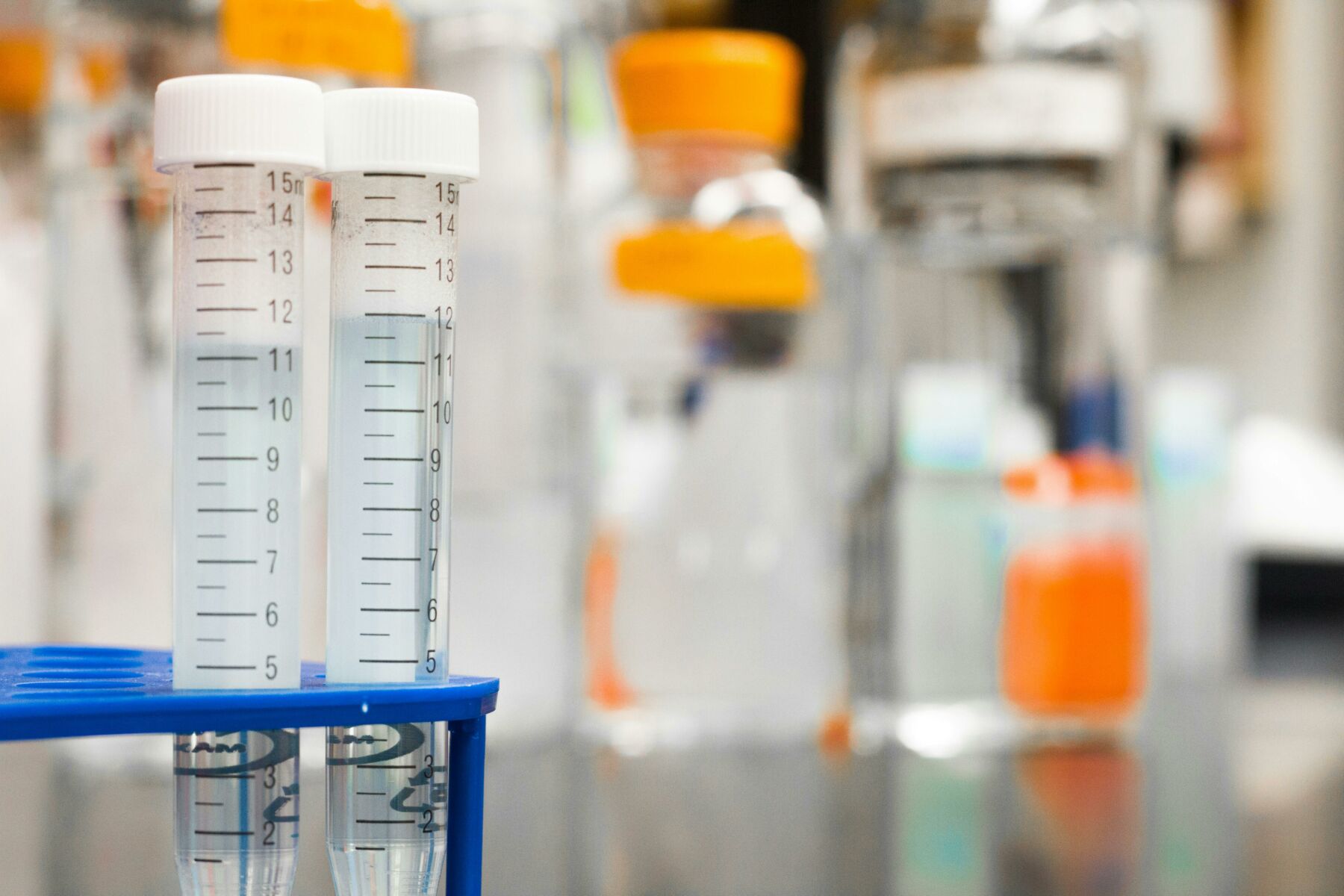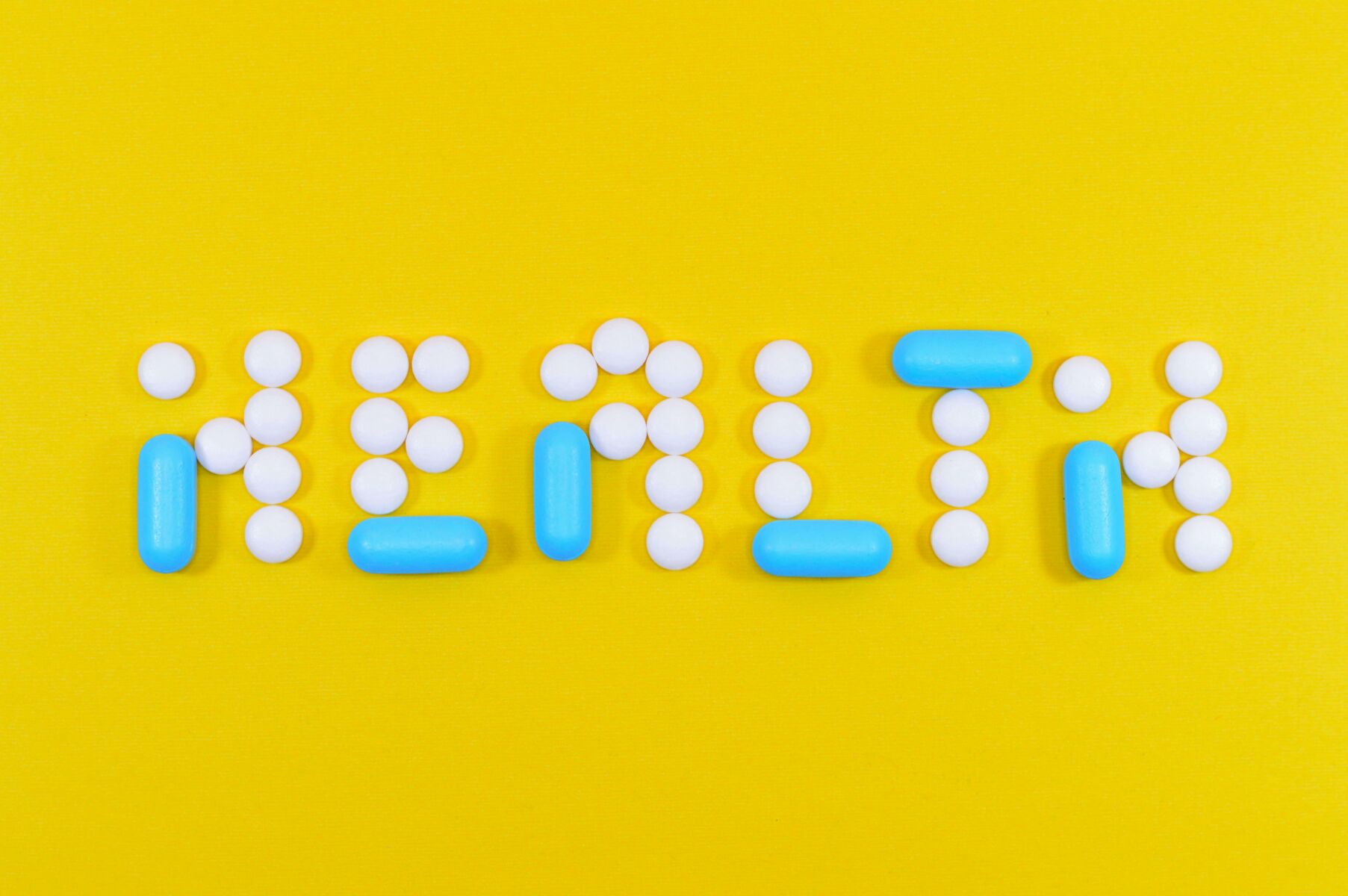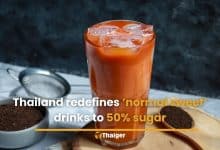Sugar substitute Xylitol linked to increased heart attack and stroke risk

A new study by researchers at the Cleveland Clinic has revealed a significant association between the widely-used sugar substitute xylitol and an increased risk of cardiovascular events, including heart attacks and strokes. This surprising finding, detailed in the European Heart Journal, raises important questions about the safety of sugar alcohols commonly found in a variety of chewing gums, food and oral care products.
What is xylitol?
Xylitol is a type of sugar alcohol used as a low-calorie sweetener. It is commonly found in sugar-free candies, gums, baked goods, and oral care products such as toothpaste and mouthwash. Over the past decade, xylitol and other sugar substitutes have gained popularity among consumers seeking healthier alternatives to traditional sugars, particularly those managing diabetes or obesity. These substitutes are often marketed as “natural” and safe for regular consumption, making this new research particularly concerning.
The study’s findings
Led by Dr Stanley Hazen, M.D., Ph.D., the research team at the Cleveland Clinic conducted an extensive study to investigate the potential cardiovascular risks associated with xylitol. Their work involved multiple phases, including a large-scale patient analysis, preclinical research models, and a clinical intervention study.

In the patient analysis phase, researchers examined data from over 3,000 individuals in the United States and Europe. They discovered that high levels of xylitol in the blood were linked to a significantly increased risk of cardiovascular events over a three-year period. Specifically, patients with the highest xylitol levels were one-third more likely to experience heart attacks or strokes compared to those with lower levels.
Preclinical testing and mechanistic insights
To further validate these findings, the team conducted a series of preclinical tests. These tests used various models to explore how xylitol affects blood platelets and the overall clotting process. The results were alarming: xylitol significantly increased platelet reactivity, which can lead to thrombosis, a condition where blood clots form inside blood vessels. Thrombosis is a major risk factor for heart attacks and strokes.
In addition to preclinical tests, the researchers performed a clinical intervention study. They compared the effects of xylitol-sweetened drinks with glucose-sweetened drinks on platelet activity in healthy volunteers. The results showed that consuming xylitol led to a marked increase in the blood’s clotting ability, whereas glucose did not have this effect.
Implications for public health
Dr Hazen, who is also the Chair of Cardiovascular and Metabolic Sciences at Cleveland Clinic’s Lerner Research Institute, emphasised the importance of these findings. “This study again shows the immediate need for investigating sugar alcohols and artificial sweeteners, especially as they continue to be recommended in combating conditions like obesity or diabetes,” he stated.
The implications are significant because many people consume xylitol and other sugar substitutes under the assumption that they are safer and healthier than traditional sugars. However, this research suggests that high consumption of these substitutes might pose unexpected health risks, particularly for cardiovascular health.

Limitations and the need for further research
Despite the compelling evidence, the study does have its limitations. Primarily, it establishes an association rather than causation. This means that while high levels of xylitol are linked to increased cardiovascular risk, the study does not definitively prove that xylitol causes these events. Further research is needed to explore the long-term cardiovascular safety of xylitol and to understand the underlying mechanisms at play.
The researchers recommend that individuals consult with healthcare professionals, such as doctors or certified dietitians, for personalised dietary advice. This is particularly important for those with existing health conditions or those who consume high amounts of sugar substitutes.
Practical advice for consumers
For consumers concerned about their heart health, this study suggests a need for caution with products containing high levels of xylitol. While it is not necessary to eliminate xylitol entirely from one’s diet, being mindful of its presence in various products is crucial.
Dr Hazen advises, “It does not mean throw out your toothpaste if it has xylitol in it, but we should be aware that consumption of a product containing high levels could increase the risk of blood clot-related events.”
Consumers are encouraged to read labels carefully and make informed choices about their diet. Opting for natural sweeteners with a well-established safety profile, such as honey, might be a safer alternative for those concerned about cardiovascular risks.
If you need to check up on your health to make sure that you are in the green, you can book a consultation through Phuket Surgery. Your health is important and it pays to know how well you are doing every now and then.
Latest Thailand News
Follow The Thaiger on Google News:


























